- Best of the Global brands, Best of their instruments, Best of the technologies, Best of the reagents, Best of the procedures, Best of systems, Best of IT, when available to well trained and highly focused pathologists, biochemists, scientists and technologists, gives “Best of the Quality”.
- DOCTOR’S LAB has always been that to provide utmost quality in every stage of service – right from collection of sample to processing to delivery of reports. Our systems, processes, man-power and IT ensure the highest level of perfection and timely efficacy in each delivery.
Biochemistry is the branch of science that explores the chemical processes within and related to living organisms. It is a laboratory based science that brings together biology and chemistry. By using chemical knowledge and techniques, biochemists can understand and solve biological problems.
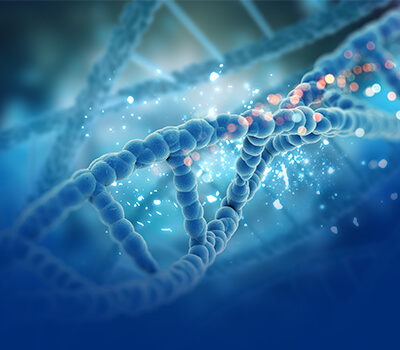
Biochemistry focuses on processes happening at a molecular level. It focuses on what’s happening inside our cells, studying components. Biochemistry is also responsible for performing cholesterol, triglycerides and lipids tests, used to screen for cardiovascular disease, and blood glucose to diagnose and monitor diabetes. They will also measure metabolic products, proteins and drugs. It also looks at how cells communicate with each other, for example during growth or fighting illness. Biochemists need to understand how the structure of a molecule relates to its function, allowing them to predict how molecules will interact.
Biochemistry covers a range of scientific disciplines, including genetics, microbiology, forensics, plant science and medicine. Because of its breadth, biochemistry is very important and advances in this field of science over the past 100 years have been staggering. It’s a very exciting time to be part of this fascinating area of study.
OUR SERVICES

Clinical Biochemistry
Biochemistry is the branch of science that explores the chemical processes within and related to living organisms.
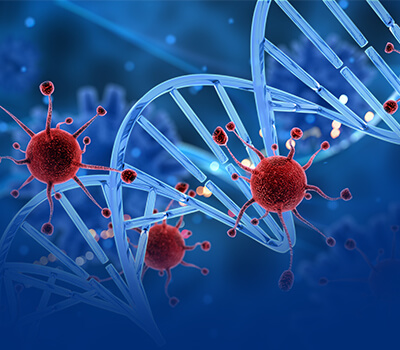
Microbiology
The investigation of infectious diseases is carried out in microbiology. The pathologists and scientists working here look for specific bacteria, viruses, fungi and parasites that may be causing a patient’s symptoms.

Haematology
Histopathology (or histology) involves the examination of sampled whole tissues under the microscope. Three main types of specimen are received by the pathology laboratory.
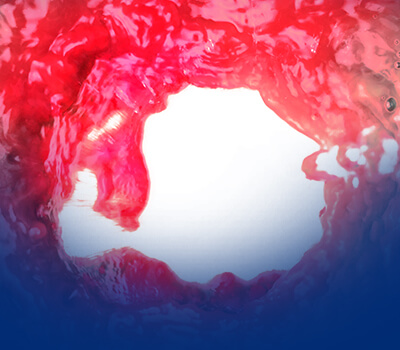
Histopathology
Histopathology (or histology) involves the examination of sampled whole tissues under the microscope. Three main types of specimen are received by the pathology laboratory.
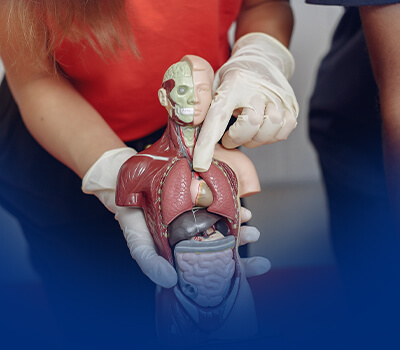
Endocrinology
The endocrine system is a collection of glands in the human body such as pituitary, thyroid, parathyroid, adrenal, pancreatic, ovaries (females) and testes (males) that collectively regulate metabolism, growth, development, tissue function, reproduction, fertility, mood, and many other vital functions.

DEMO
The investigation of infectious diseases is carried out in microbiology. The pathologists and scientists working here look for specific bacteria, viruses, fungi and parasites that may be causing a patient’s symptoms.
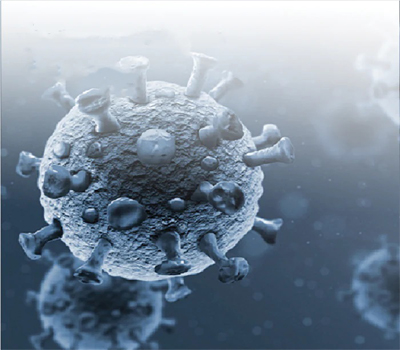
DEMO
Histopathology (or histology) involves the examination of sampled whole tissues under the microscope. Three main types of specimen are received by the pathology laboratory.
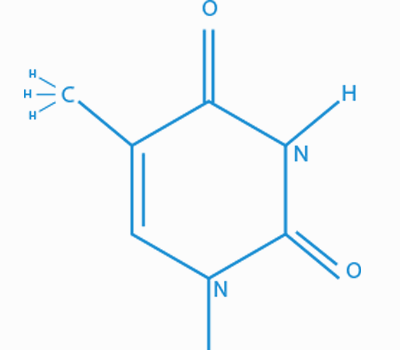
DEMO
Histopathology (or histology) involves the examination of sampled whole tissues under the microscope. Three main types of specimen are received by the pathology laboratory.

